Based on all intelligence available to the Australian Criminal Intelligence Commission (ACIC), it is likely that cocaine trafficking groups (CTGs) collectively are attempting to supply as much, or perhaps more, cocaine to Australia than has ever been the case. Australia is not the only country to be targeted in this way, with enormous amounts of cocaine being trafficked around the world each and every day. Australia is targeted by CTGs as local users pay high prices in world terms for the drug, meaning that CTGs make enormous profits supplying the drug to this country. In addition, the demographic of domestic users of cocaine is broadening and street prices for cocaine are cheaper than crystal methylamphetamine (ice).
During the year ending August 2022, data from the ACIC’s National Wastewater Drug Monitoring Program indicates that more than 3.3 tonnes of cocaine was consumed in Australia. This is considerably less than the 5.6 tonnes that was consumed in the year to August 2020, where the market was only marginally impacted by COVID-19 restrictions. Throughout 2022 and the early months of 2023, there has been a series of large detections of attempted cocaine importations, both onshore and offshore.
A wide range of CTGs, including those with a variety of backgrounds and ethnicities, continue to supply the Australian cocaine market. We do not assess that there has been an exponential increase in demand for cocaine and the available data (including survey data) suggests that many users of cocaine only use the drug occasionally. The ACIC has always noted that its estimates of the size of illicit drug markets are conservative, but in the case of cocaine we assess that a figure of 5.6 tonnes consumption per annum is a realistic estimate. Methylamphetamine continues to be the largest illicit stimulant market in Australia by some margin.
As with all major illicit drugs, the ACIC contributes to a multi-faceted and multi-agency transnational response to CTGs. Equally important however, is a focus on demand reduction strategies, such as those contained in the National Drug Strategy 2017–26, which focuses on the 3 pillars of harm, demand and supply reduction.
Shane Neilson
Principal Advisor Drugs
Australian Criminal Intelligence Commission
